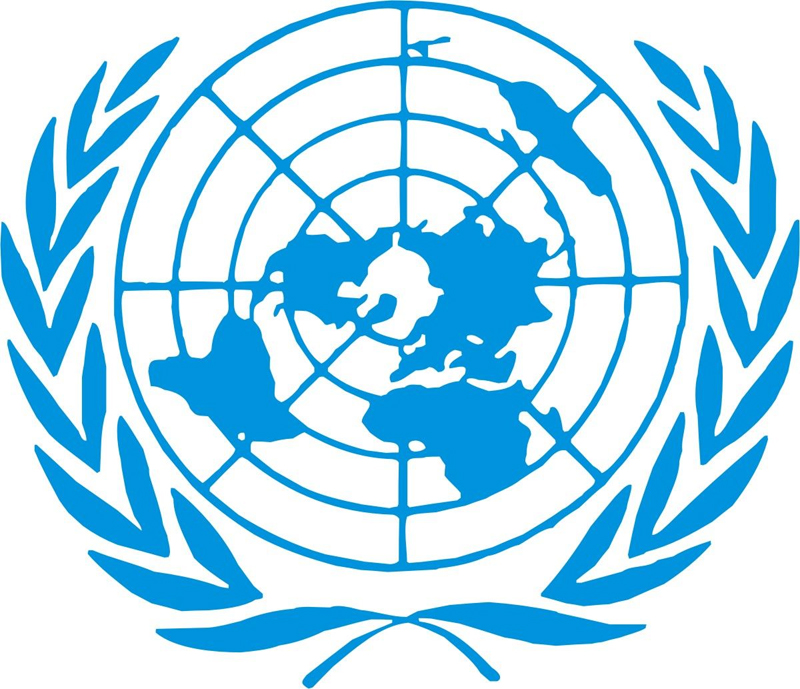UN vows support in effort to attain gender equality
Kathmandu, March 7
The United Nations in Nepal today expressed its commitment to support the government to step it up for gender equality, women’s rights and the empowerment of all women in Nepal.
A UN joint statement for International Women’s Day 2016 issued here today said that women’s proportionate and effective representative in decision-making requires further strengthening across sectors in political parties, the private sector, trade unions, the security sector and academia.
It said that the reality of under-representation, exclusion and discrimination is holding back women, progress for them and members of their societies in many parts of the world.
“Building on the provisions in the new Constitution and the Gender and Social Inclusion Policy of the Election Commission, the upcoming local elections in Nepal need to be shaped by women’s leadership and decision-making at the local level, as both equal voters and as candidates nominated by political parties,” it said.
The statement said promulgation of Nepal’s new Constitution in September 2015 has been followed by formation of a new government, including the election of Nepal’s first woman President Bidhya Devi Bhandari and Onsari Gharti Magar as the country’s first woman Speaker.
The Constitution ensures the fundamental right of women to participate in all state organs on the basis of proportional inclusion principle and guarantees women’s political representation in various government structures and at the leadership level to a significant extent.
The 2008 Constituent Assembly elections in Nepal was a milestone in women’s representation in Parliament, with women securing 33 per cent of the seats; a significant step forward from less than seven per cent in previous elections.
As of November 2015, representation of women in the Nepali CA was 29 per cent with 176 female CA members out of 598.
Yet, the representation of women across sectors as of 2014 was only 16 per cent in civil service, 4.5 per cent in the judiciary, 5.8 per cent in Nepal police, 5 per cent in the Armed Police Force and 3.2 per cent in the Nepalese Army.
“As women thrive, so will we all. If girls are held back, the whole world feels the pain (..) The world will never realise 100 per cent of its goals if 50 per cent of its people cannot realise their full potential,” said Ban Ki-moon UN Secretary-General in the statement.
It further said, “This March 8, we strive for the future we want, Planet 50-50 by 2030-the expiry date for all forms of gender inequality, discrimination and violence, the goal set in the context of the Political Declaration adopted by the 59th Session of the Commission on Status of Women,” adding, “The new Sustainable Development Goals hold the promise of transforming our world where a girl can truly be and do whatever she wants and women are able to participate equally in leadership across all areas of society.”
It said in 2030, there should be more women presidents, more women CEOs of companies, more women presidents of universities, more women local governance leaders, more women generals in the army, more women chiefs of police and more women political party leaders.
It stressed the need to overcome barriers to create the future of women, who form over half of the world’s population, yet they remain under-represented in most institutions that decide the key aspects of their lives. “This occurs despite their proven abilities as leaders and agents of change.”






